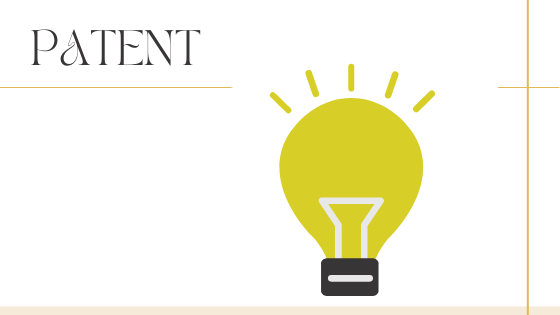Patent systems are essential for the production of technological innovations, the protection of inventors and the dissemination of knowledge. With the desire of people to live better, the competition in the industry forces innovation. In other words, people who are the target market demand new products and services, and the industrial sector, which is their supplier, innovates both in order to realize the desire of the target audience and to be more preferable than their competitors.
Here, the imitation of the training costs, labor, time and finance that innovators or companies spend to create them by an imitator without going through the same process creates an injustice. In the world, the system that prevents this injustice is the patent system.
With the patent request, the state or an institution under the guarantor of the state enters the circuit. This institution is also the national patent office. The patent office promises the inventor to protect his invention against imitations, provided that the invention meets the patent requirements (it is new, applicable to the industry and exceeds the state of the art) as written in https://www.companionlink.com/blog/2021/12/the-benefits-of-patent-services-from-inventhelp-experts/ article.

What kind of rights and opportunities does a patent or utility model provide?
- By allowing only the inventor to benefit from the economic benefits of the invention, it gives technical and economic superiority over its competitors.
- It is assignable and transferable as a right of ownership.
- It provides the right to prohibit others (competitors) from benefiting from the invention in question.
- It gives the opportunity to grant rights to other persons through the issuance of licenses. A license is a type of rental right. Thus, while the inventor uses his invention himself, he retains the right to make others use the right in return for an economic benefit or in return for obtaining counter-licenses.
- It is a cause of commercial prestige as it is all over the world.
- In case of imitation, it allows the use of all kinds of legal and penal legal possibilities.
Inventions that do not exceed the state of the art are given a utility model certificate. Utility models are a type of patent and are generally protection documents granted to small inventions.
Patents are a very important tool that should be used for companies to be protected from competition or to be competitively superior. Firms make innovations both in their products and production techniques for market demands or to solve the problems that arise. Both such innovations and the innovations they have developed systematically in order to be more competitive must be registered with a patent so that the right can be protected as you can see from https://pathofex.com/invention-journey-with-inventhelp-patent-services/.
